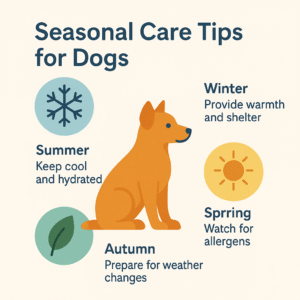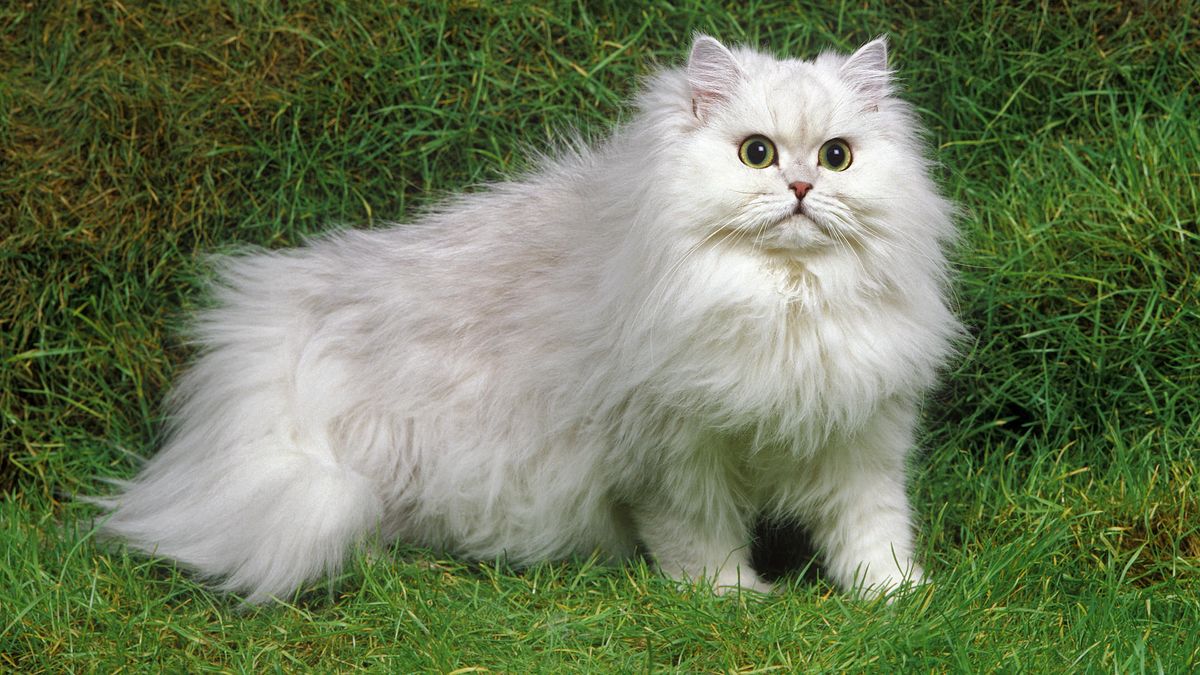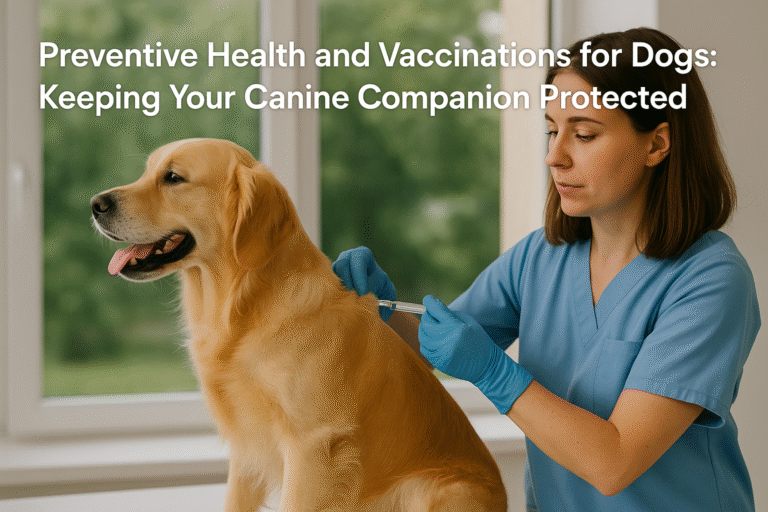Cats age gracefully, but by seven to ten years many start to experience age-related changes. Caring for your senior cat requires patience, observation and adjustments to keep them comfortable and healthy.
When is a cat considered senior? Veterinarians generally classify cats as “mature” at seven to ten years and “senior” beyond ten years. Advancing age itself is not a disease, but older cats undergo physiological changes that affect their health and behaviour. Recognizing these changes early allows you to adapt your care and address problems before they become serious.
Common physical and behavioural changes in older cats include a weakening immune system, dehydration, thinner and less elastic skin, a decrease in grooming resulting in greasy or matted fur, and thick overgrown claws that require regular trimming. Many senior cats develop dental disease, leading to bad breath, loose teeth and painful chewing; they may lose their appetite or drop food from their mouth. Vision and hearing can diminish, and some cats show cognitive changes such as confusion, disorientation, increased vocalisation or altered sleep‑wake cycles. Underlying medical conditions like kidney disease, hyperthyroidism, diabetes, heart disease and hypertension become more common.
Regular veterinary visits are critical for early and management of age-related diseases. Because cats age more rapidly than humans, experts recommend semiannual wellness exams for senior cats. During these visits, your veterinarian will perform a thorough physical exam and may conduct blood tests, urinalysis, blood pressure measurements, dental evaluations and imaging studies to screen for common problems, Cat’s weight and body condition helps identify weight loss from illnesses or weight gain from decreased activity and overfeeding.
Nutrition plays a major role in supporting your aging cat. Senior cats require a balanced diet with high-quality protein to maintain muscle mass, moderate fat for energy and essential fatty acids for coat and skin health. Avoid excessive carbohydrates and feed smaller, more frequent meals if your cat’s appetite wanes. Provide plenty of fresh water and consider adding wet food or a pet fountain to encourage hydration, as older cats are prone to dehydration. Ask your veterinarian about diets formulated for kidney support, weight management or joint health if your cat has specific conditions.
mobility and joint health is vital. Arthritis is common in older cats and may cause them to be less active, reluctant to jump or hesitant to use the litter box if access requires climbing. Provide soft, warm bedding and place food, water and litter trays on the same floor to minimize stair climbing. You can install ramps or pet stairs to help them reach favourite perches. Moderate exercise through gentle play helps maintain muscle tone, flexibility and prevents obesity. Talk with your veterinarian about joint supplements, pain medications or physical therapy options to ease arthritis discomfort.
Grooming your senior cat often becomes a shared task. Brushing removes loose fur, prevents mats and allows you to check for lumps, skin lesions or parasites. Brush your cat’s teeth daily or at least a few times per week and schedule professional dental cleanings to prevent periodontal disease.
Environmental enrichment remains important even as cats slow down. Provide scratching posts, soft toys and gentle interactive play to keep their minds active and reduce stress. Older cats may become easily startled; maintain a predictable routine and avoid sudden environmental changes. Offer quiet hiding spaces where they can retreat when they want solitude.
Finally, pay close attention to changes in your cat’s behaviour, appetite, thirst, litter box habits and grooming. Sudden weight loss, increased drinking or urination, vomiting, diarrhoea, breathing changes, confusion or aggression warrant prompt veterinary attention. With regular monitoring, early detection and supportive care, most age-related conditions can be managed, allowing your senior cat to enjoy a comfortable and contented life.
By proactively meeting your senior cat’s needs, you can help them enjoy their golden years with dignity and comfort.
Want to learn more?
If you enjoyed this blog, don’t forget to share it with fellow cat lovers. Hope you love the information about cats and for Sponsor Posts, Ads and Products. You can reach us anytime from anywhere. Contact Us













